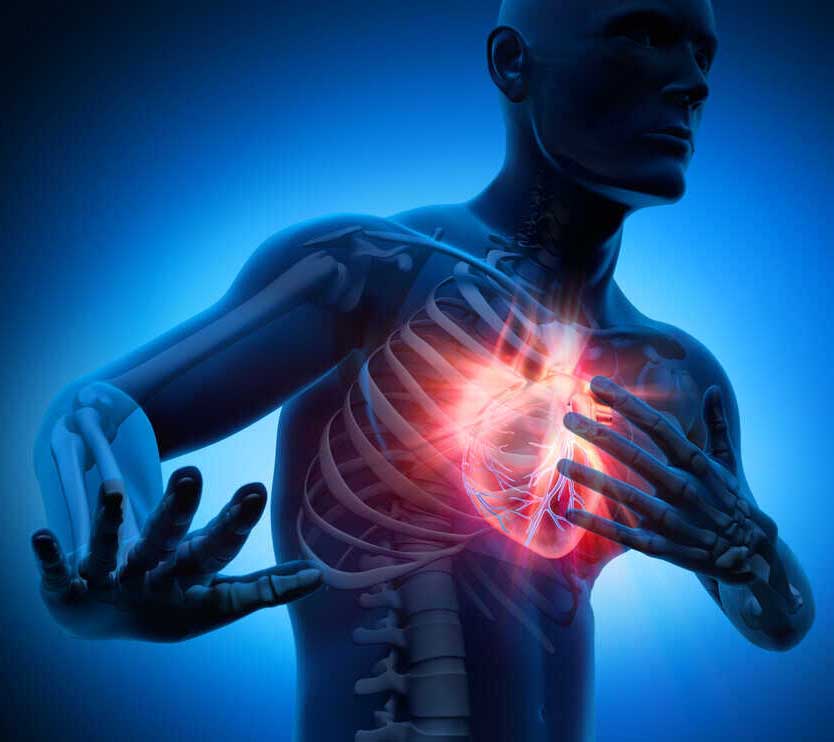As soon as people adopt the typical Western diet and way of life they become prone to a devastating risk of heart and cardiovascular disease. And it has been estimated that 80% of deaths resulting from cardiovascular disease are in fact preventable, if people were to make better lifestyle choices. In this case our future is really in our own hands!
As time passes atherosclerosis sets in. Our once clean, flexible blood vessels start to clog up with deposits of plaque. When this happens the flow of blood is constricted and eventually a blood vessel can become completely blocked. Areas of the body are starved of oxygen and disease follows. High blood pressure (hypertension), strokes, thrombosis and heart failure are some of the consequences of this process.
What to do?
- 1: Exercise more! Being a couch potato is simply bad for our health.
- It is important to choose activities that you enjoy so that they do not become too much of a chore to sustain. And finding a team, group or buddy to 'play' with is a really good idea, as it keeps you going when the going gets tough.
- 2: Stop smoking. There is nothing to recommend this habit from a health point of view. And if there is an aesthetic advantage, it certainly escapes me. Someone once said that kissing a smoker is like licking an ashtray - a picture that should put anyone off the habit for all time!
- 3: Choose to eat differently. The advice will almost certainly have a familiar ring to you: Eat lots of vegetables and fruits. They are the source of a whole range of important nutrients, but here the focus is on the antioxidants that they supply. These are found in brightly coloured varieties especially, including tomatoes, beets, berries, broccoli red peppers, spinach, mangoes, papayas, red grapes and so on. They prevent the LDLs (low density lipoproteins) in the blood from becoming oxidized and sticky so they will no longer deposit on the walls of the blood vessels as plaque.
- 4: Make sure that you get enough fibre in your diet. This comes from many vegetables and whole grains. Aside from keeping you regular, fibre prevents too much fat from being absorbed from the digestive tract into the blood stream and so also lowers blood cholesterol. Fibre also helps you to control your appetite, and the temptation to depend on bad (but delicious) snacks between meals is reduced.
- Manage your fat intake. Eating (oily) fish regularly is essential to make sure that you are getting enough of the Omega-3 fatty acids. If eating fish is not to your taste, or difficult to come by, use supplements, as this nutrient is very important - essential, actually.
At the same time, reduce your intake of the 'bad' fats. These are largely the animal fats, or saturated fats.
Reduce your sugar intake. There is nothing at all to recommend sugar from a health point of view, and the less you take in, the better. And no cookies and cakes either, at least not on a regular basis.
These suggestions might sound boring. The challenge is to make the lifestyle changes fun and interesting. There is no inherent reason that a healthy diet, for example, should be dull - many exciting recipes and ideas are to be had. As so often is the case, the Internet can be our buddy here! And nothing is quite as boring as having activity, and indeed life, curtailed due to ill health.


